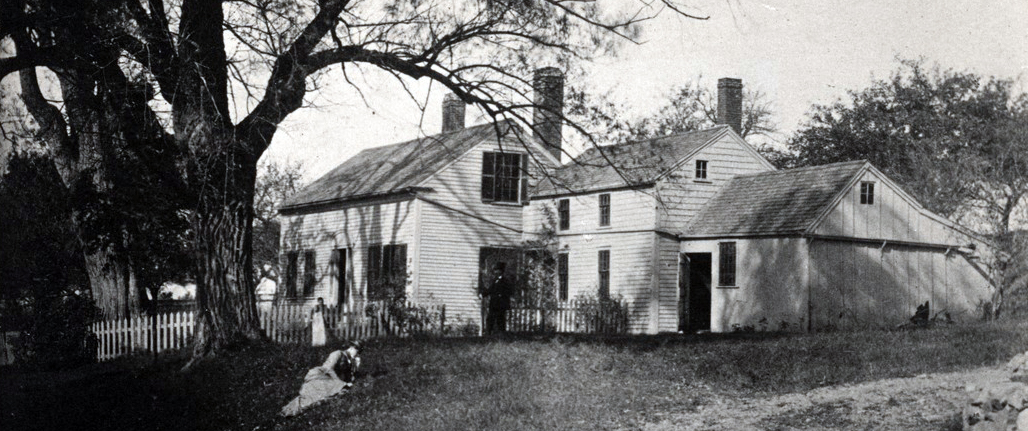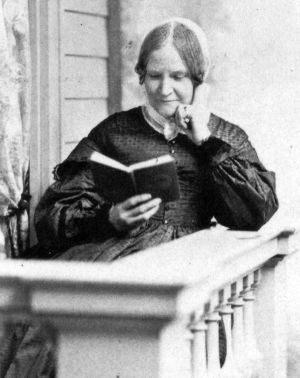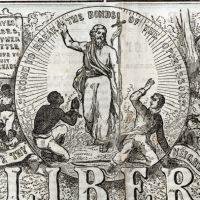Primary Source
In 1859 Lydia Maria Child exchanged a series of letters with Henry Wise, Governor of Virginia, in the months after John Brown's failed raid on Haper's ferry.The lenghthy correspondence was reprinted in newspapers all across the country. This excerpt comes from a letter written from her home in Wayland on December 17, 1859:
Prolonged absence from home has prevented my answering your letter so soon as I intended. I have no disposition to retort upon you the "two-fold damnation" to which you consign me. On the Contrary, I sincerely wish you well, both in this world and the next. . . .
Do you candidly think we deserve "two-fold damnation" for detesting [the system of slavery? Can you not believe that we may hate the system, and yet be truly your friends? I make allowance for the excited state of your mind, and for the prejudices induced by education. I do not care to change your opinion of me; but I do wish you could be persuaded to examine this subject dispassionately, for the sake of the prosperity of Virginia, and the welfare of unborn generations, both white and colored. For thirty years, Abolitionists have been trying to reason with slaveholders, through the press, and in the halls of Congress. Their efforts, though directed to the masters only, have been met with violence and abuse almost equal to that poured on head of John Brown. Yet surely we, as a portion of the Union, involved in the expense, the degeneracy, the danger, and the disgrace, of the iniquitous and fatal system, have a right to speak about it, and a right to be heard also. At the North, we willingly publish pro-slavery arguments, and ask only a fair field and no favor for the other side. But you will not even allow your own citizens a chance to examine this important subject. Your letter to me is published in Northern papers, as well as Southern; my reply will not be allowed to appear in any Southern paper. The despotic measures you take to silence investigation, and shut out the light from your own white population, prove how little reliance you have on the strength of your cause. In this enlightened age, all despotisms ought to come to an end by the agency of moral and rational means. But if they resist such agencies, it is in the order of Providence that they must come to an end by violence. History is full of such lessons. . . .
L. MARIA CHILD.
ANTI-SLAVERY TRACTS, No. 1. New Series. CORRESPONDENCE
BETWEEN LYDIA MARIA CHILD, AND GOV. WISE AND MRS. MASON,
OF VIRGINIA. NEW YORK: PUBLISHED BY THE AMERICAN ANTI-SLAVERY SOCIETY.









